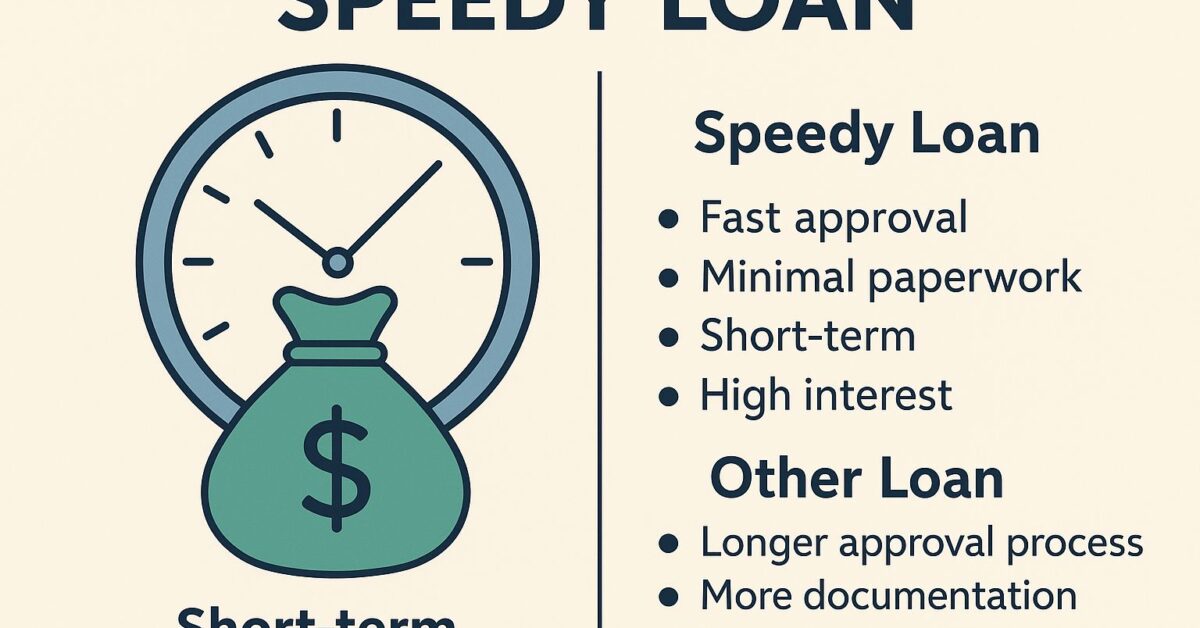If you’re someone who enjoys working with your hands, doesn’t have top academic grades, or is concerned about the cost of education, a trade school might be a better fit for you. This blog post explores trade school vs college and their differences between trade schools and college degrees to help you make an informed decision.
What is a Trade School?
A trade school (also called a vocational or technical school) is a post-secondary institution that offers hands-on training in specific skills or trades. These schools focus on practical instruction that prepares students for skilled careers like:
-
Plumber
-
Electrician
-
Welder
-
Auto mechanic
-
Hair stylist
-
Elevator technician
-
Dental hygienist
Programs typically last between 8 months to 2 years. At the end of the program, students receive a diploma, certificate, or even an associate degree. In many cases, they are eligible to begin work immediately or take a licensing exam.
See Also: Trade schools in Nigeria: Full list
Trade School vs College: Key Differences
1. Salary Potential
It’s often assumed that college graduates earn far more than trade school graduates, but the gap is not always that wide. According to data from the National Center for Education Statistics (2025), trade school grads earned a median annual salary of $35,720 in US. Certain trades like elevator installers can earn upwards of $77,000, sometimes more than the $51,800 average salary for bachelor’s degree holders.
2. Time to Graduate
One of trade school’s biggest advantages is the shorter duration. You can complete your program in under 2 years—compared to the 4+ years it takes to earn a bachelor’s degree. This means you enter the workforce earlier and start earning while your college peers are still studying.
3. Cost of Education
A traditional four-year college degree can cost upwards of $127,000 In US, not including living expenses and interest on student loans. In contrast, a trade school program costs around $33,000, saving you nearly $94,000. Plus, many trade school students are paid during internships or apprenticeships, lowering costs even further.
4. Dropout and Completion Rates
College isn’t for everyone. Around 40% of students drop out of four-year colleges before graduation, often with significant debt. Of those who finish, 64% take longer than four years. Trade schools, with their focused curriculum and shorter duration, have better completion rates and less financial risk.
5. Employment Opportunities
Many trade school students find jobs even before graduation. Their skills are in high demand, especially in fields that require a physical presence—like plumbing, construction, or automotive repair—jobs that can’t be outsourced. Meanwhile, college graduates under 25 face high unemployment and underemployment rates, partly due to market saturation and outsourcing.
6. Social and Campus Life
Colleges offer a richer social experience with clubs, sports, dorm life, and networking opportunities. Trade schools, on the other hand, focus primarily on career preparation. If you value the “college experience,” this is something to consider.
How to Choose Between Trade School and College
Here are some questions to help guide your decision:
-
What are your career goals? Research what education is required for the job you want.
-
How much time and money can you invest? Consider whether you can afford four years and the associated costs.
-
What are your strengths? If you enjoy working with your hands, solving practical problems, and being active, trade school may suit you better.
-
Do you want to enter the workforce quickly? Trade schools let you graduate and start earning in less time.
Trade School vs College: My Story
In Nigeria today, the conversation around education often leans heavily toward university degrees. Parents, teachers, and society at large still view college as the ultimate path to success. But is that the only way? Many young people are discovering, just like I did, that trade schools and vocational training can offer just as much opportunity—sometimes even more.
Growing up in a town with a top public school, I was constantly told that college was the only route. The same mindset with most Nigerian: students are expected to chase JAMB scores, gain university admission, and graduate with a degree—even if they have no real passion for the course. Like many Nigerian students, I followed the crowd, applied to college, and even got into my top choice, only to face a financial wall. That reality led me to University, but one that didn’t offer the support or direction I was used to.
But that so-called “step down” introduced me to real-world work. I became a mechanic, driving and fixing engines. The income was immediate, the skills were valuable, and for the first time, I saw a career path that didn’t require a university degree. In Nigeria, many youth are discovering similar truths—welding, electrical work, tailoring, and other trades offer real income and independence, but are often ignored because they lack the prestige of white-collar jobs.
In Nigeria, skilled labor is in high demand—from electricians and plumbers to carpenters and solar installers. Yet, the system still heavily favors academic degrees, while employers increasingly value hands-on experience. Trade schools provide practical skills that can lead to financial independence, entrepreneurship, and even international opportunities.
I later returned to school (part-time) and earned a degree. Not because I needed validation, but because I wanted to expand my options. Now, I work in construction management on major infrastructure projects. But my journey shows that success isn’t always about a straight line to a university. It’s about finding your path, being open to change, and not letting society’s expectations box you in.
Nigeria’s education system must embrace the value of vocational training. Government and private institutions should invest in trade schools, modern equipment, and industry partnerships. Young people deserve to know that success comes in many forms—and that learning a trade is not a failure, but a future.
See Also: Trade Test Certification vs NVQ in Nigeria: Which is Right for You?
College vs Trade School: Why This Matters
Trade School vs College Degree Pros and Cons
Here are the pros and cons of trade schools and college degrees to help you make an informed decision about your future.
Trade School Pros and Cons
- Earn While You Learn
Unlike college, where you’re not earning in your field for at least four years, trade school lets you make money from day one. As a first-year apprentice, you can start making money (half a journeyman’s wage) and saw steady raises. You’re learning a skill while building financial stability. - Lower Costs
The average trade school diploma costs about $33,000, a fraction of the $127,000 for a four-year college degree. Plus, trade programs are laser-focused—no wasting time on irrelevant prerequisites. - Strong Benefits
Unionized trades, like the IBEW, offer excellent benefits—medical, optical, and more—that are hard to find in today’s gig economy. - Physical Activity
Trades keep you active, whether you’re climbing ladders or running conduit. You feel physically tired at day’s end, which can be rewarding and healthier than a sedentary desk job. - Sense of Accomplishment
There’s nothing like seeing a building’s lights turn on after months of your work. It’s tangible proof of your impact. - Hard to Outsource
Physical trades like construction can’t be sent overseas or easily automated (at least not yet). Your skills are in demand.
- Physical Toll
Trades rely on your body. Injuries, like my month-long back issue, or age-related wear and tear can jeopardize your ability to work. - Limited Freedom
Blue-collar jobs often have rigid schedules—set breaks, early start times, and no flexibility. Lunch is eaten on a tailgate or a pile of boards, not in a cafeteria. - Higher Injury Risk
Working with tools or heavy equipment increases your chance of getting hurt, unlike desk jobs where the risks are less immediate. - Lack of “Sophistication”
You’re using porta-potties in freezing winters or sweltering summers, often without proper sanitation. Lunch is wherever you can sit. It’s not glamorous. - Perception
Some people stereotype tradespeople as uneducated or rough. While unfair, this stigma exists and can sting.
College Pros and Cons
- Wider Career Options
College opens doors to countless fields—medicine, law, liberal arts, and more. The variety of majors and career paths is unmatched. - Better Work Environment
White-collar jobs often come with real bathrooms, cafeterias, flexible hours, or work-from-home options—luxuries tradespeople don’t get. - The College Experience
Living away from home, making lifelong friends, and gaining independence are unique to the four-year college journey. - Higher Education Opportunities
A bachelor’s degree unlocks master’s or PhD programs, which can significantly boost your earning potential. - Life Skills
College teaches practical skills like public speaking, accounting, or writing that are invaluable in life, often overlooked in high school or trade school.
- No Earnings Until Graduation
You’re not working in your field until after four years, unlike trades where you earn from the start. That’s a significant financial delay. - Irrelevant Prerequisites
Classes like biology or obscure electives often have no bearing on your major, wasting time and money. - High Costs
At $127,000 on average, college is a massive investment. Add in books, room and board, and hidden fees, and it’s even pricier. Student loans can haunt you for decades. - Risk of Obsolescence
Your chosen field might be oversaturated or obsolete by graduation. Broadcasting, for example, isn’t what it used to be with streaming platforms dominating. - High Dropout Rate
About 40% of college students don’t finish, often due to financial strain, academic pressure, or homesickness. Dropping out leaves you with debt and no degree.
Making the Choice
Final Thoughts
A four-year college degree has its advantages, but it isn’t the only path to a successful and fulfilling career. Trade schools offer a faster, more affordable, and practical route, especially for those who are hands-on learners or want to avoid student debt.
Still unsure? You can always start with a trade school and later transfer to a traditional college if needed—many schools accept trade school credits.
Keep an open mind, weigh your options carefully, and choose the path that aligns with your personal goals, financial situation, and future aspirations.












I want to gain more experience in driving trading
I love trade test school
Good
Trade test school is good an advice to attend
tradetest.ng
tradetest.ng